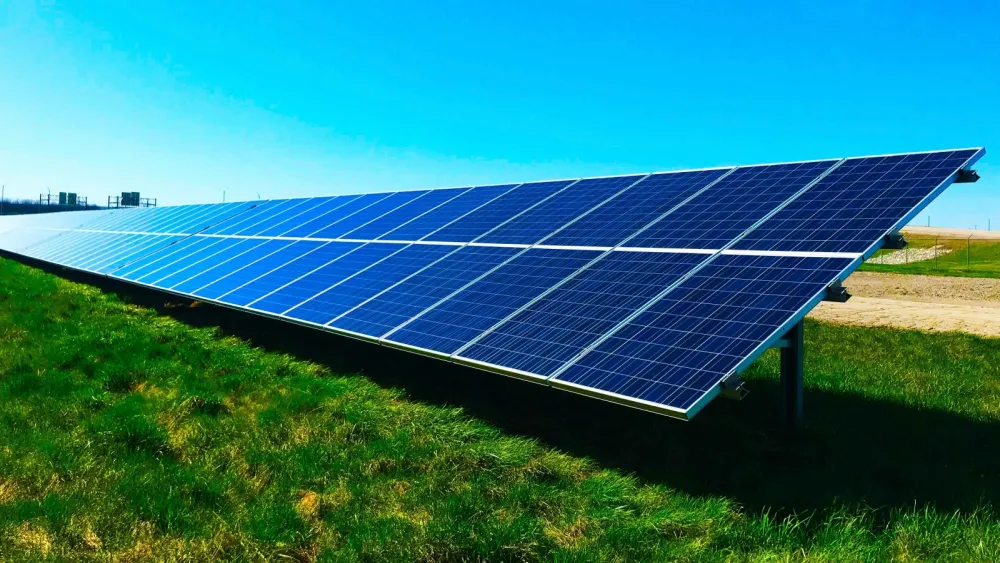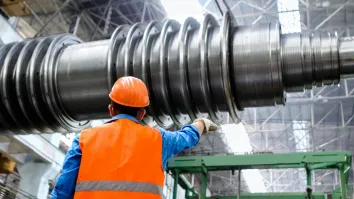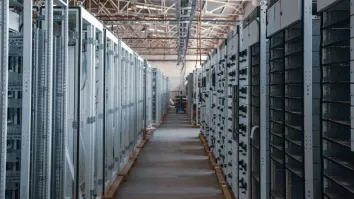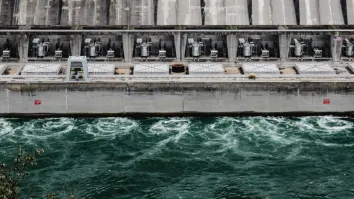
Bangladesh's energy efficiency boost may save $460M in LNG costs
Gas-fired power plants with low efficiency use more gas annually.
Bangladesh could save $460m in a year in liquified natural gas (LNG) imports if it improves its energy efficiency measures to meet the rising domestic power demand.
In a report, the Institute for Energy Economics and Financial Analysis (IEEFA) said the country could achieve an annual saving of $460m if it replaces the stock of ageing and inefficient generators and utilises waste heat produced by generators for other applications.
Through these measures, Bangladesh could cut the demand for imported LNG by 21% or 50.18 billion cubic feet annually.
“An insatiable appetite for gas could lock Bangladesh into a vicious cycle of spiralling prices and supply issues pertaining to LNG, and threaten to stall its economic transformation,” Shafiqul Alam, Lead Analyst – Bangladesh Energy, IEEFA, said.
“The plan to import sufficient energy for development was not designed to cope with the high level of volatility in the international fuel market, depreciation of the local currency and weak fiscal conditions,” he added.
ALSO READ: Summit Power International provides vital LNG support to Bangladesh
Alam noted that gas-fired captive power generation with low efficiency consumes a higher amount of gas annually, and a significant percentage of industries are not using the waste heat released by the generators.
IEEFA said that replacing the generators will require a significant amount of investment that could be recouped within 1.5 to five years, whilst payback investment in waste heat recovery will only take around a year.
The alternative would be spending more on building additional infrastructure to meet the demand for fossil fuel imports amidst tightened regulations
“As the era of cheap energy comes to an end, with the government likely to make energy pricing more competitive in the foreseeable future, enhancing energy efficiency will be financially more rewarding,” Alam said.
“Any complacency in undertaking energy-saving measures will likely erode the competitiveness of industries in the international market,” he added.



















 Advertise
Advertise







